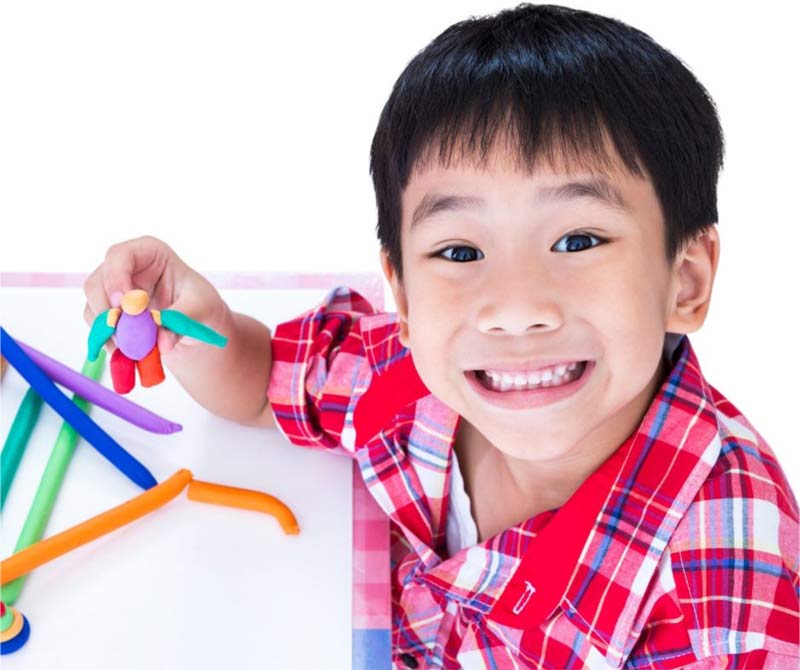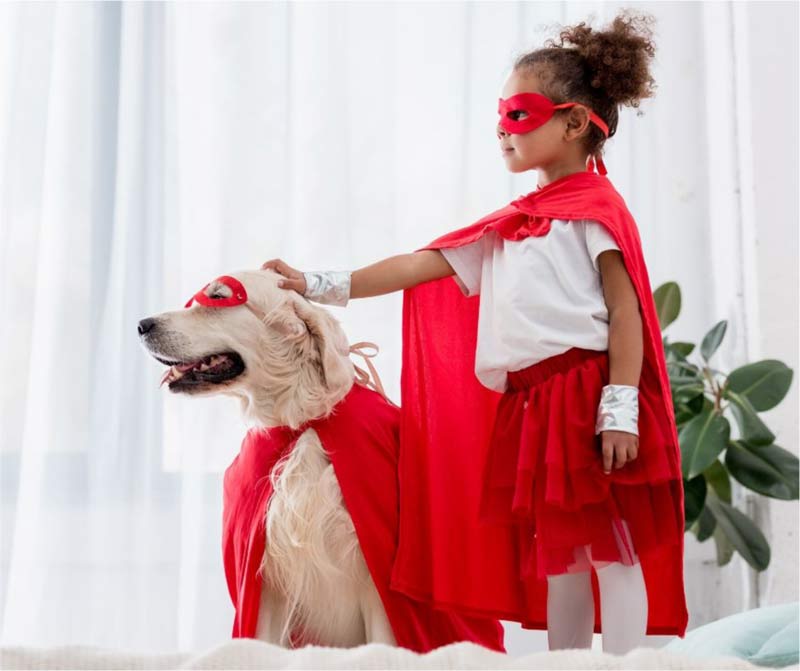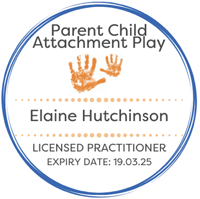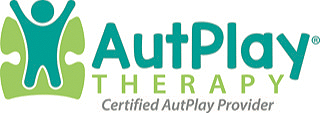Play is the natural language of children.
Whenever your child asks you to play with them, they are inviting you into their world to share how they are feeling and how they understand that world. They won’t come in from school or nursery and say, ‘Phew, that was a tough day!’, they will say, ‘Come and play with me…’
They will show you important feelings through their play that they want you to know about.
The interesting thing about play is that sometimes you will have no idea what the play is really about, and that’s OK. Sometimes you don’t need to know. Just being there, being focussed on your child and sharing their world is enough. You, as the parent* are enough. Some days you will do better than others – that’s life and that’s OK.
For some children, at some point the feelings will get too ‘big’ to manage and that’s as a parent when you might notice your child being anxious, withdrawn or acting out in some way.

Your child may be ‘out of character’ for a very obvious reason; trouble at school, a change in family set-up, a loss or a bereavement, for example.
Sometimes behaviours can be more complex; it could be due to your child struggling with their mental health or because they see the world differently.
Children with a diagnosis of autism spectrum disorder (ASD), for example, typically find social interactions challenging which can lead to them feeling confused and frustrated.
This is where play therapy could support both you and your child.

More ideas about the kinds of worries and issues play therapy can help with are here.
Play therapy is the art of the relationship between the therapist and your child – with the therapist creating a safe space for your child to be themselves and express themselves freely.
Play therapy supports your child to express themselves through playing; telling stories, drawing and painting, messing around with sand and clay, dressing up and having adventures, dancing, making up music, playing games and almost anything else play or creative based that your child can imagine.
The therapist is trained to work with your child so they can safely process everything they are feeling. The therapist is not there to ‘fix’ your child! As play therapists we believe that every child has their own process and that with support they can find ways to move through the things that are worrying them and to find solutions that work for them. Sometimes they need a bit of help and direction – but not always. Sometimes the therapeutic space and relationship is enough.
Parents often ask how long play therapy takes to ‘work’. Play therapy benefits the majority of children, but not all children. No one therapy works for everyone. However, nearly 8 in 10 children find play therapy helpful and show ‘positive change’. (This data is from a study covering 10 years and over 28000 children. If you like data, I can send you a copy of the report.)

Children spend time in the playroom with the play therapist once a week, usually for about 40 minutes. This at the same time every week and for several weeks. The severity and complexity of your child’s needs will influence how long your child comes to play therapy. We can discuss this at an intake meeting but the minimum I initially contract for is 12 sessions. This is generally long enough to begin to establish a therapeutic relationship with your child and to begin to see positive change. Further sessions are often needed to allow your child to fully benefit from play therapy. For more information, click here.
If you are concerned or worried about your child, or simply would like to know more – please feel free to drop me an email – from there we can have a ‘no strings attached’ chat on the phone and then you can decide what you might like to do next.
*Dear step-parents, grandparents, other family members, carers, foster/adoptive parents, teachers, nursery workers, other caring adults involved in the family – please do not think the relationship just relies on the parent. It doesn’t – it’s just that if I list you all every time that I write ‘parent’, this article will make terribly difficult reading. Know that I’m thinking of you too as I write this and that you are incredibly valued by a child if you care to share their world.






